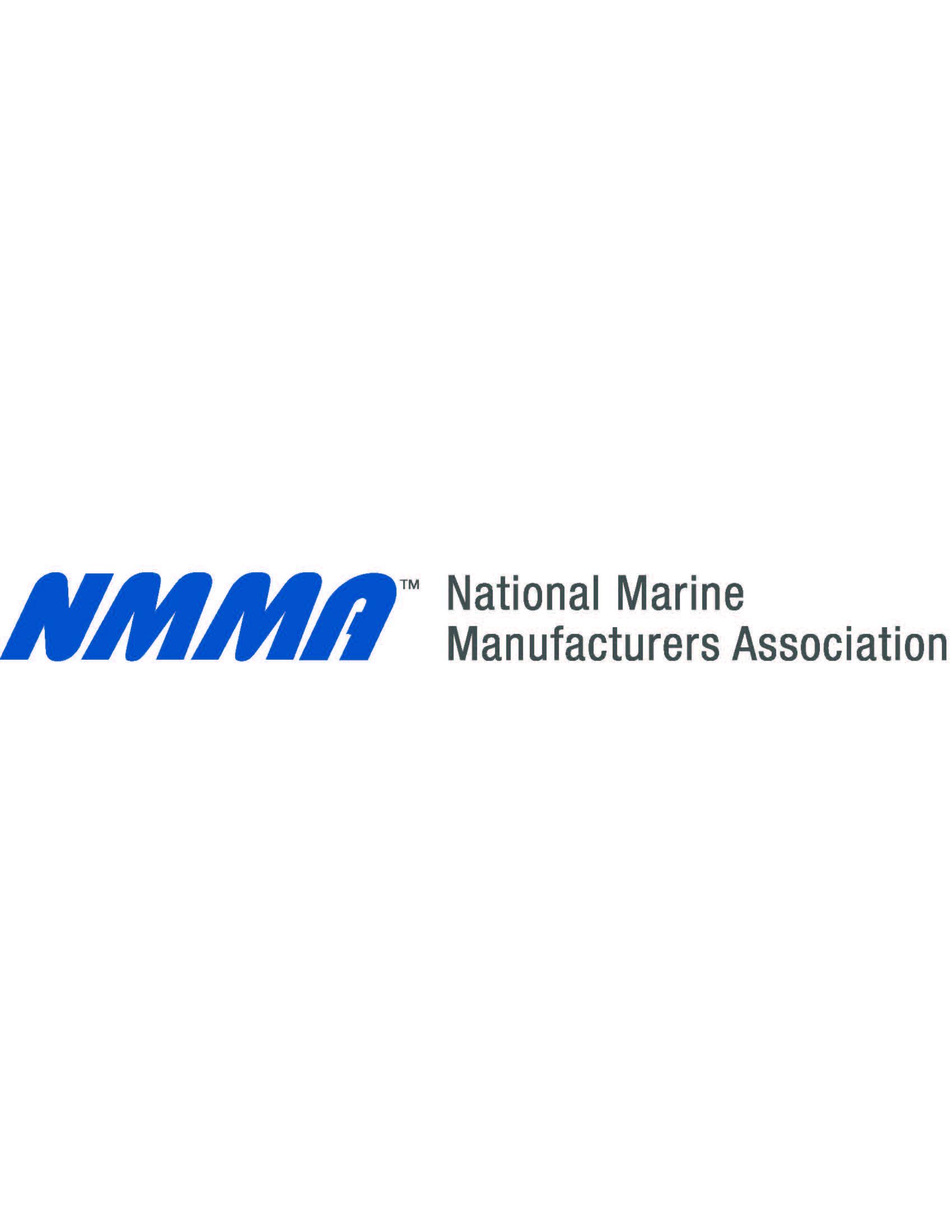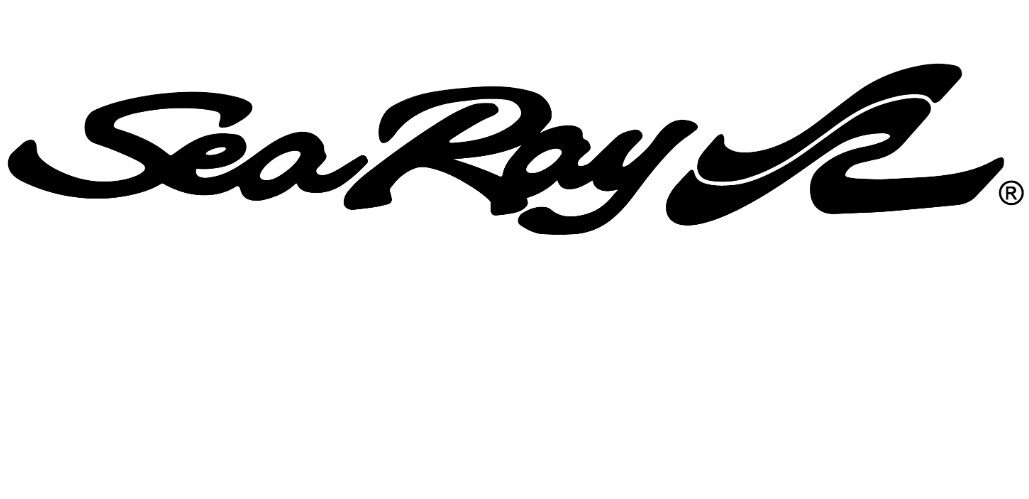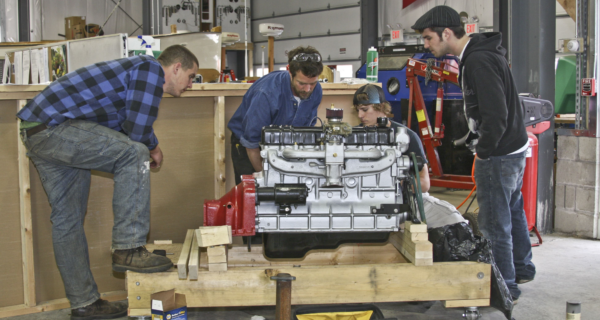U.S. House Subcommittee on Water Resources and Environment holds hearing on ports, harbors, inland waterways

On Wednesday, the U.S. House Subcommittee on Water Resources and Environment convened a hearing – titled, “The Cost of Doing Nothing: Why Full Utilization of the Harbor Maintenance Trust Fund and Investment in our Nation’s Waterways Matter” – to examine the key role that ports, harbors, and inland waterways play in communities and their economies and the importance of full utilization of the Harbor Maintenance Trust Fund (HMTF) for its authorized purposes – namely, the maintenance dredging of authorized commercial coastal and inland harbors.
Prior to the hearing, NMMA sent a letter to the committee, thanking members for holding the discussion and noting that expedited investments in the nation’s ports, harbors, and waterways are critical to supporting the continued economic growth of the commercial and recreational maritime industries.
According to the letter, “The Harbor Maintenance Trust Fund (HMTF) was created to ensure that our nation’s harbors would always be properly dredged and fully operational, yet much of the fund’s annually collected revenue doesn’t make its way back to where it was originally intended and is desperately needed. In fact, the U.S. Army Corps of Engineers (Corps) estimates that full channels at the nation’s 59 busiest ports are available less than 35 percent of the time. The result of insufficient funding for maintenance and dredging projects is deterioration of our nation’s ports, harbors, and waterways that support thousands of jobs and commercial and recreational economic development nationwide.
“NMMA also encourages the committee to consider reforming the Corps’ dredging project prioritization process to accurately account for the economic benefits of investing in projects that facilitate recreational use. Under the current process, the Corps give priority to coastal harbors and inland waterways with the most commercial traffic and provides priority for maintenance of channels at small ports that support significant commercial fishing, subsistence, or public transportation benefits.”
The full letter is available here.




